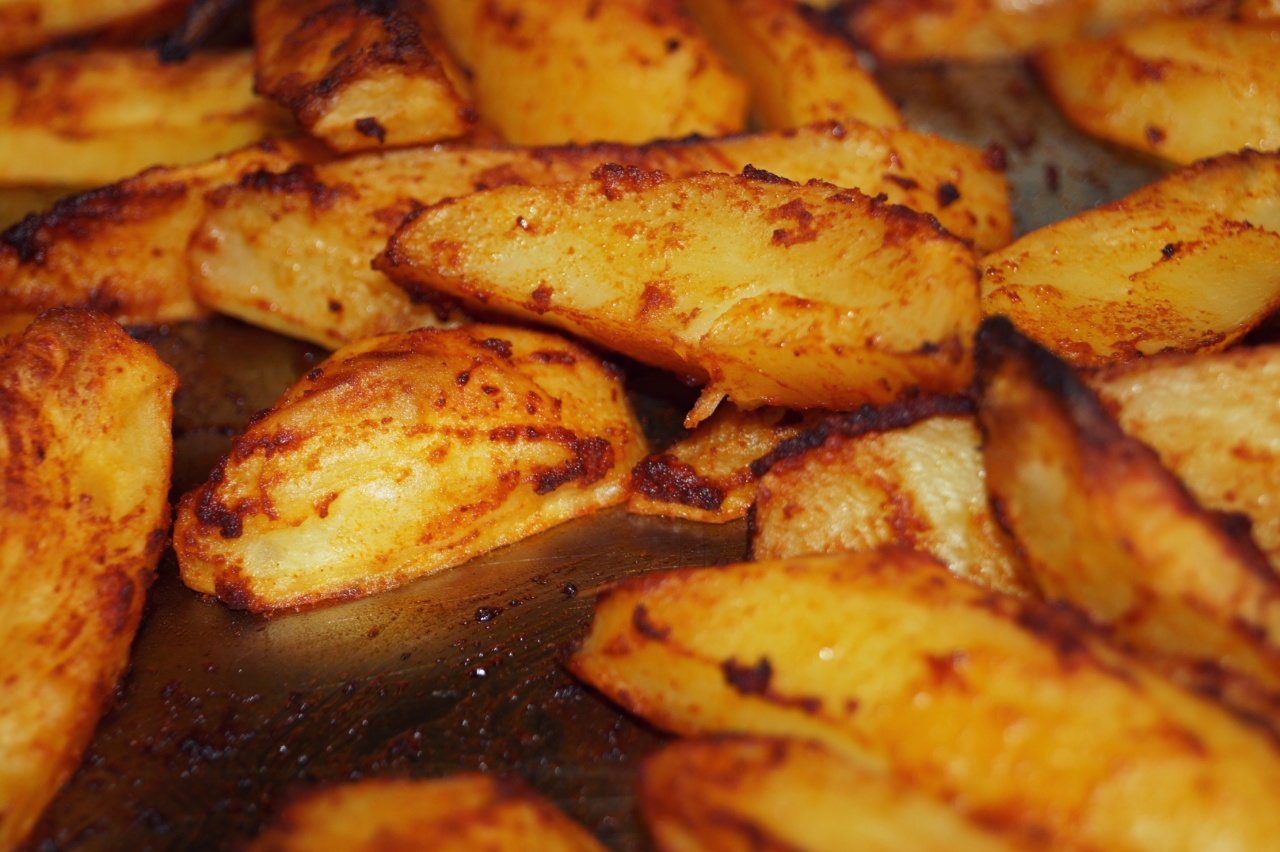Greasy locks are a frustrating, albeit common, hair problem. While oily hair can be caused by a combination of factors, there are certain culprits that are more prevalent in causing oil buildup on the scalp and hair strands.
Excessive Sebum Production
Sebum is your hair’s natural oil that keeps it healthy, shiny, and hydrated. However, when the sebaceous glands produce too much sebum, it leads to greasy hair.
This can be caused by several factors, including genetics, hormonal imbalances, and certain medications.
Overwashing
While it may seem counterintuitive, washing your hair too frequently can actually exacerbate oil production. When you wash your hair too often, you strip it of its natural oils, which can stimulate the sebaceous glands to produce more oil to compensate.
This can lead to a vicious cycle of hair that is both dry and oily at the same time.
Not Washing Your Hair Enough
On the flip side, not washing your hair often enough can also lead to greasy locks. When you don’t wash your hair frequently, dirt, sweat, and oil can accumulate on your scalp, making it an ideal breeding ground for bacteria and fungi.
These microorganisms can contribute to dandruff and skin irritation, which can exacerbate oil production.
Using the Wrong Hair Products
Using hair products that are too heavy or contain too many oils can exacerbate greasy hair. Similarly, using too much of any hair product can cause buildup on the scalp and hair, leading to greasy locks.
Replace thick, heavy products with lightweight and oil-free alternatives, or simply use less of the product you’re currently using.
Not Rinsing Your Hair Properly
Leaving shampoo or conditioner residue in your hair can lead to buildup on the scalp and hair strands, causing greasiness.
Make sure to rinse your hair thoroughly after using any hair products, and consider investing in a clarifying shampoo to use once a week to remove any lingering product residue.
Using Hot Styling Tools
Using hot styling tools, such as flat irons and curling irons, can stimulate the sebaceous glands to produce more oil. This is because heat can strip your hair of its natural oils, causing your scalp to overcompensate and produce more oil.
Consider letting your hair dry naturally, or using heat protectant products and low-heat styling tools.
Not Eating a Balanced Diet
Your hair, like the rest of your body, requires a balanced diet to maintain its health. Eating too much junk food, sugar, and processed foods can lead to nutrient deficiencies that can cause greasy hair.
Aim to eat a balanced diet rich in vitamins, minerals, and healthy fats to keep your hair healthy and beautiful.
Stress and Anxiety
Stress and anxiety can also contribute to greasy locks. When you’re stressed, your body releases stress hormones, including cortisol, adrenaline, and norepinephrine.
These hormones can stimulate the sebaceous glands to produce more oil, leading to greasy hair. Consider practicing stress-reducing activities, such as meditation or yoga, to reduce the impact of stress on your hair and overall health.
Environmental Factors
Environmental factors, such as humidity, heat, and pollution, can also contribute to greasy hair. Humidity can cause your hair to frizz and expand, while heat and pollution can strip your hair of its natural oils, causing your scalp to overcompensate.
Consider using hair products that contain ingredients that protect your hair from these elements, such as silicone and UV filters.
How to Treat Greasy Locks
If you’re struggling with greasy hair, there are several steps you can take to treat and prevent it.
Wash Your Hair Less Frequent
As counterintuitive as it may seem, washing your hair less frequently can actually help reduce oil production. Consider washing your hair every other day, or even just a few times a week, to allow your scalp to regulate its natural oil production.
Use the Right Products
Choose hair products that are lightweight and oil-free to help prevent grease buildup. Look for products that contain ingredients that help regulate oil production, such as salicylic acid and tea tree oil.
Avoid Touching Your Hair
Touching your hair frequently can transfer oil from your hands to your hair, making it even greasier. Avoid touching your hair as much as possible and keep your hands away from your scalp.
Get Regular Trims
Regular hair trims can help prevent split ends, which can contribute to greasy-looking hair. Keeping your hair trimmed can also help improve the overall health of your hair, making it less prone to oil buildup.
Try a Dry Shampoo
Dry shampoos can be a lifesaver when it comes to managing grease-prone hair. They work by absorbing excess oil on your scalp and hair strands, making your hair look cleaner and fresher.
Conclusion
Greasy locks can be annoying, but the good news is that there are several steps you can take to prevent and treat it. From using the right products to practicing stress-reducing activities, these tips can help keep your hair looking its best.





























